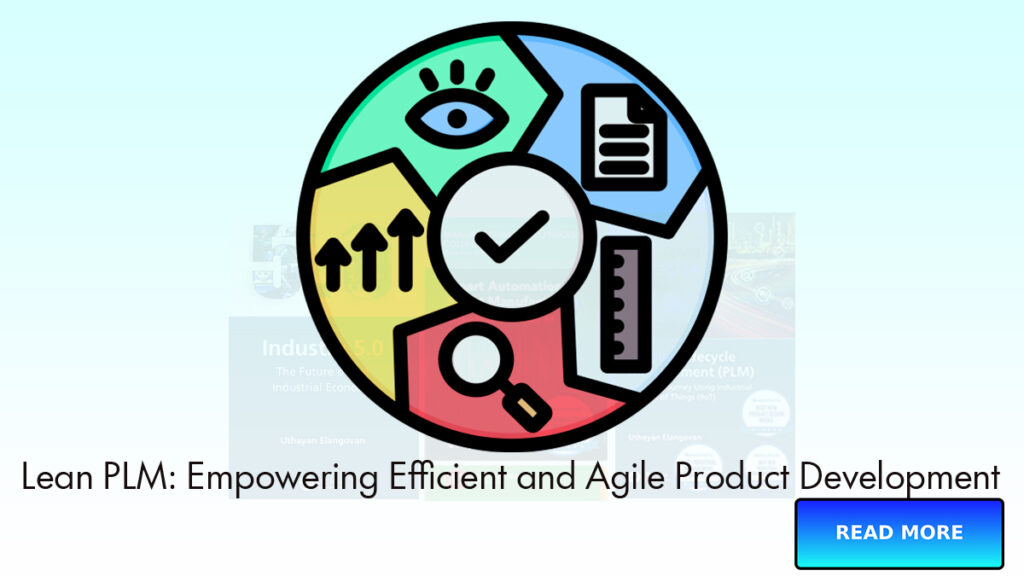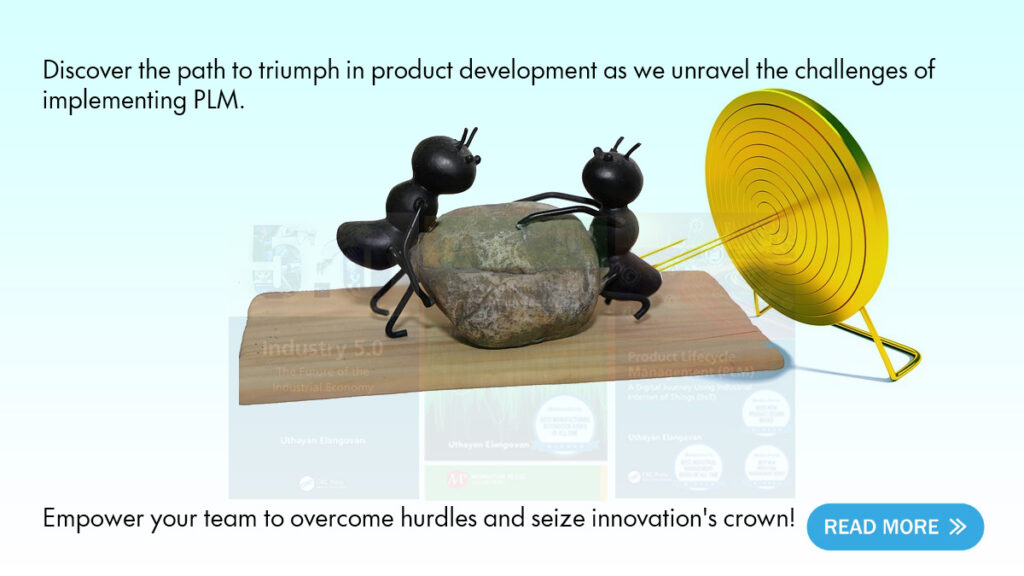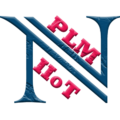Lean PLM is an innovative approach revolutionizing product development, helping businesses streamline operations, maximize efficiency, and foster innovation.
- Introduction
- Understanding Lean PLM
- Breaking Free from Waste: Trim Down Unnecessary Overhead
- Empowering Collaboration: Uniting Teams for Better Outcomes
- Continuous Improvement: Cultivating a Culture of Innovation
- Agile Decision-Making: Reacting to Market Demands
- Ensuring Quality: Meeting Customer Expectations
- Optimizing Costs: Maximizing Profitability
- Compliance and Traceability: Meeting Industry Standards
- Conclusion
Introduction
In the dynamic world of modern business, staying ahead of the competition and meeting customer demands has become more challenging than ever. For organizations operating in complex industries such as manufacturing, aerospace, automotive, and consumer electronics, efficient management of product lifecycles is crucial for success. This is where Lean Product Lifecycle Management (PLM) emerges as a game-changer, revolutionizing the way companies approach product development and innovation.

Understanding Lean PLM
Lean PLM is an innovative approach that combines the principles of Lean manufacturing and Product Lifecycle Management to optimize product development processes. Its primary objective is to eliminate waste, enhance collaboration, and streamline operations throughout the entire product lifecycle – from ideation to retirement.
Breaking Free from Waste: Trim Down Unnecessary Overhead
In today’s fast-paced market, minimizing waste has become imperative. Lean PLM identifies and eradicates various forms of waste, including overproduction, excess inventory, long waiting times, and unnecessary motion within the product development process. By streamlining workflows and automating repetitive tasks, Lean PLM ensures that valuable resources are utilized more efficiently.
Empowering Collaboration: Uniting Teams for Better Outcomes
In traditional product development environments, teams often operate in silos, leading to communication gaps and inefficiencies. Lean PLM places a strong emphasis on seamless collaboration by providing a centralized platform where teams can share information, feedback, and insights in real-time. This fosters a culture of teamwork, enabling cross-functional groups to work harmoniously towards a common goal – delivering high-quality products to market faster.
Continuous Improvement: Cultivating a Culture of Innovation
Lean PLM is built on the principle of continuous improvement. It encourages organizations to regularly evaluate their processes, identify bottlenecks, and implement iterative enhancements. Embracing a culture of innovation allows companies to respond swiftly to market changes, customer feedback, and emerging technologies, leading to more adaptive and competitive products.

Agile Decision-Making: Reacting to Market Demands
In the fast-moving world of business, being able to make smart decisions quickly is absolutely crucial. Lean PLM provides real-time insights into product development stages, enabling managers to track progress, identify potential delays, and allocate resources accordingly. Agile decision-making based on accurate data leads to reduced development cycles, allowing companies to seize market opportunities promptly.
Ensuring Quality: Meeting Customer Expectations
At every stage of the product lifecycle, Lean PLM prioritizes quality. By minimizing defects and errors through rigorous testing and validation, companies can ensure that their products meet and exceed customer expectations. Enhanced quality not only boosts customer satisfaction but also reduces the likelihood of costly recalls or rework, ultimately bolstering the brand’s reputation.
Optimizing Costs: Maximizing Profitability
Lean PLM’s focus on waste reduction and efficient resource allocation directly impacts the bottom line. Companies that adopt Lean PLM practices experience lowered production costs, optimized inventory management, and reduced lead times. As a result, they can achieve greater profitability while offering competitive pricing to customers.
Compliance and Traceability: Meeting Industry Standards
In regulated industries, such as aerospace and healthcare, compliance is critical. It ensures that all processes adhere to industry standards and regulations. With comprehensive traceability, organizations can easily track the origin of components, monitor changes, and demonstrate compliance during audits.
Conclusion
In conclusion, Lean PLM emerges as a powerful tool to drive efficiency, foster innovation, and optimize product development processes. By integrating Lean principles into Product Lifecycle Management, companies can transform their operations and gain a competitive edge.
Embrace Lean PLM today, and witness a revolutionary transformation in your product development strategies – unlocking efficiency and innovation like never before. Stay ahead of the competition, meet customer demands, and propel your business towards greater heights with Lean PLM!
Ready to take your product development to the next level? Neel SMARTEC offers expert PLM consulting services for SMEs using OpenBOM PLM and Discrete Manufacturers utilizing Windchill PLM. Connect with us now to revolutionize your product lifecycle management!

